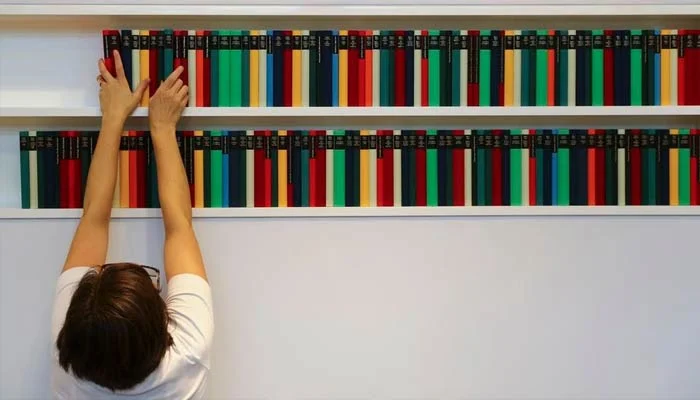The School Education and Literacy Department (SELD) of Sindh has banned the teaching of “objectionable” articles published in Cambridge books and ordered that publishers remove these articles from books.
In a letter to the director general of private schools and director general of school education, SELD Chief Adviser Fauzia Khan shared two essays that had been found “inappropriate” and advised that they be alert that “the controversial/banned syllabus and textbooks are not used in the public and private institutions of Sindh”.
The first of the banned articles is currently part of the O-Level syllabus from the coursebook for Sociology under the chapter The Family with the sub-heading “Same Sex Family”.
“[This subhead] has been investigated and [it has been] found that the content is highly controversial which was a part of Cambridge Assessment International Education (CAIE) O-Level syllabus of Sociology 2251 for 2025-27,” Khan’s letter read.
She further added: “It was also revealed that in Paper-2, Unit-4, under the heading different types of family, the term same-sex family has been added for 2023-24 examination and same has been further extended within the topic where same-sex marriages are mentioned.”
The chief adviser said that the essay was found to be “extremely controversial” and against the teachings of Islam as well as social norms.
Another issue that has been highlighted is chapter 15 of “The History and Culture of Pakistan” authored by Nigel Kelly.
“Chapter 15 of the textbook contains controversial material against singled-out political leaders of the country,” Khan added.
She further stated: “Text on alleged corruption without mentioning that it could be proven in a court of law is also intellectual dishonesty and claiming these issues to be the highlight of any specific political leader is counterproductive to national harmony and the spirit of understanding each other.”
Additional Director of Directorate of Private Institutions Sindh Prof Rafia Mallah said that publishers and schools have included these topics in the course without the approval of the Sindh government.
Moreover, Khan’s letter added that the federal ministry has issued letters to CAIE, Cambridge University Press Pakistan, and Danish Publishers Pakistan, immediately banning said textbooks in schools in the federal capital. They have also been issued notices demanding an explanation regarding the publication of “inappropriate” content without getting a no-objection certificate (NOC).

